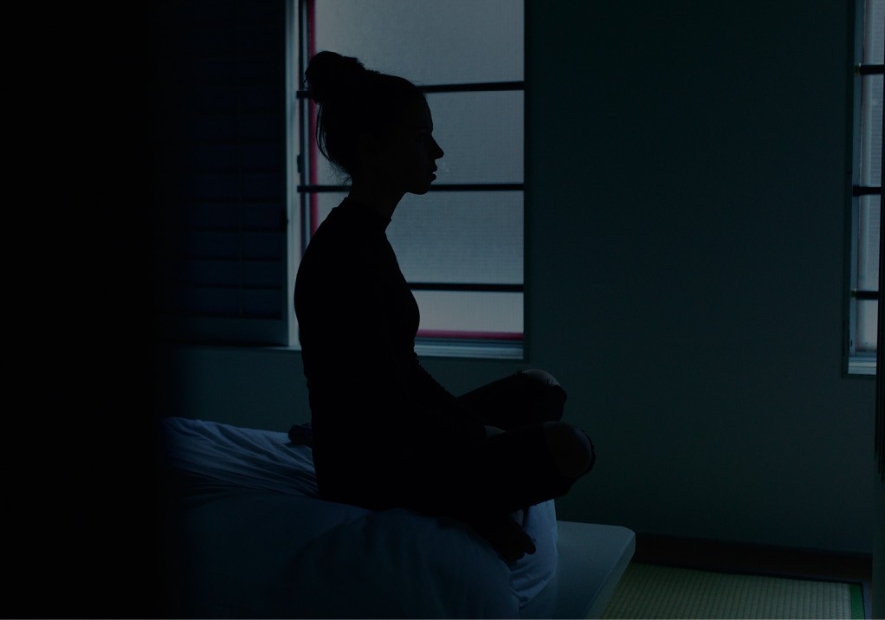Can't sleep? Causes of occasional insomnia.

According to the Centers for Disease Control and Prevention (CDC), over 35% of the US population experiences sleep problems.
Whether your occasional insomnia is due to worry, stress, or something else you can't determine, there are natural products that can help.
You just need to know where to look.
Common causes of occasional sleep problems
There are many causes of insomnia, ranging from caffeine and anxiety to blue light or the "elephant in the room."
Each of us should be aware of these common causes.
Emotional and psychological causes
Some common causes of occasional insomnia include:
Normal daily feelings of anxiety Stress Mood changes
Unhealthy daily habits
Often, our daily habits contribute to sleep loss.
Regular alcohol consumption to fall asleep can have a negative effect on our long-term sleep cycle. Excessive caffeine intake during the day can disrupt sleep, especially if consumed after lunchtime. An irregular sleep pattern, daytime napping, lack of exercise, heavy meals, sugary foods right before bed, or even exercising too late can contribute to less restorative sleep. Intestinal microbiome
Our gastrointestinal microbiome is made up of microorganisms that live and work in our digestive system. The balance of bacteria in the microbiome affects digestion, metabolism, immune system function, and even our sleep cycle.
What we eat or drink - and even our emotional state - can positively or negatively affect our intestinal microbiome.
In fact, our intestinal microbiome appears to be the link between our emotions and sleep quality.
Why sleep is important
"Short sleep duration" is the term used by the CDC to refer to adults who regularly sleep less than 7 hours within a 24-hour period. Research suggests that longer periods of short sleep cycles can have a negative impact on our health.
Getting good sleep has many benefits. Waking up refreshed helps maintain a good mood and sharp mind.
Sleep and overall health
Sleep is an innate bodily function that allows our body to refresh, recharge, and restore its numerous complex and interconnected systems.
One way sleep does this is by initiating a process known as "autophagy," in which cells are literally recycled. During healthy sleep, autophagy helps maintain healthy brain function and mood.
However, sleep deprivation not only disrupts our circadian rhythm - the natural sleep cycle - but also disrupts the body's numerous biological rhythms.
Our body is a complex organism, and its systems, which we often consider independent, are much more interconnected than we think.
Chronic short sleep can lead to weight gain and accelerated aging.
In summary, getting good sleep is important for the overall health of our body. It restores our body's systems and keeps them functioning optimally.
Ways to get good sleep
What can you do if you can't sleep? If you can't sleep, get out of bed and wait until you feel tired again. Avoid blue light, caffeine, and stressful situations beforehand.
Here's how to improve sleep quality:
Exercise Try supplements (such as valerian, melatonin, magnesium, and lavender). Limit exposure to blue light Avoid long daytime naps Follow a consistent sleep routine Avoid stimulating or stressful activities before bedtime Avoid alcohol before bed Avoid caffeine Turn your bedroom into an oasis Keep the clock out of sight in the bedroom
Sources:
Staner, L. (2003). Sleep disorders and anxiety. Dialogues in Clinical Neuroscience, 5(3), 249. Full text: https://www.ncbi.nlm.nih.gov/pmc/articles/PMC3181635/ Li, Y., Hao, Y., Fan, F., & Zhang, B. (2018). Psychiatry Frontier, 9, Full text: https://www.ncbi.nlm.nih.gov/pmc/articles/PMC6290721/ Chauhan, A.









